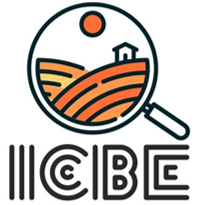
A. O. Institutul de Cercetări Bioarcheologice și Etnoculturale
Str. Cornului, nr. 32, Chișinău, 2008 MD
Tel. +373 78728920
E-mail: bioarchaeoheritage@gmail.com
The Institute of Bioarchaeological and Ethnocultural Research (ICBE) is a non-governmental, non-political, nonprofit association of public utility, established through the free expression of the will of its members, with the purpose of jointly achieving the objectives outlined in its statutes. The association possesses a distinct patrimony necessary to support its activities as stipulated in its statutes and is responsible for its obligations with this patrimony.
ICBE conducts its activities throughout the territory of the Republic of Moldova, by the Constitution of the Republic of Moldova, Law No. 837-XIII of May 17, 1996, on non-governmental associations, based on the principles of freedom of association, legality, publicity and transparency, equality of rights for all members, free expression of opinions by all members, and their access to any information related to the Association’s activities.
ICBE is a free association to choose its own activities, forms, and methods of operation, as well as to establish its internal organisational structure. In its activities, it promotes national, civic, cultural, democratic, and rule of law values and interests, partnership, open competition, and adherence to the ethical norms of the non-commercial sector.
Regular meetings of the General Assembly are convened whenever the interests of ICBE require it, but no less than once a year. The convocation is made by the Administrative Council at least 15 days before the date of the General Assembly. Notice of the meeting of the supreme body is communicated to each member individually or through the periodic publication specified in the ICBE Statute. The General Assembly is quorate only when at least 50% plus one of the total members or their representatives are present. Each member has one vote. Decisions are adopted by a simple majority of those present, except for decisions regarding amendments and additions to the Statute and decisions on reorganizing or liquidating the ICBE Association, which require a vote of two-thirds of the members present at the General Assembly.
The Administrative Council is the permanent governing body of the ICBE Association, composed of five members who report to the General Assembly and have the following main competencies: to develop the development strategy and outline the main directions of ICBE’s activities, submitting them for approval by the General Assembly; to prepare the Association’s budget, annual financial report, and activity report, presenting them to the General Assembly for approval; to approve the internal regulations of the Association and establish its organizational structure; to approve staff regulations, proposals for hiring and dismissing personnel, and the methods of remuneration and salaries for the Association’s employees; to manage the Association’s assets; and to determine how donations collected can be used and distributed. The Administrative Council is elected by the General Assembly for a term of five years.
The President of the Association is elected by the General Assembly for a term of five years, and directly manages the Association between meetings of the Administrative Council. The President’s main competencies include: making decisions on any issue related to the Association’s activities; representing the Association in court, in interactions with public authorities, and with other individuals and legal entities; managing the Association’s resources; organizing and directing the activities of the Association; proposing the hiring and dismissal of personnel; bearing personal responsibility for the activities of the Association and being accountable for its immovable and movable assets; proposing how collected donations can be allocated; participating in the distribution of humanitarian and other aid; deciding on work methods and forms; ensuring the integrity and rational use of the Association’s patrimony.
The President may establish, if necessary, expert groups to study important issues related to the activities of the Association, to discuss certain governmental programs in the field of the Association’s activity, and to alert public opinion about major social issues.
The Vice President of the Association is elected by the General Assembly for a term of five years. The Vice President exercises the responsibilities of the President only in their absence or upon their explicit authorization.
The control over the economic and financial activities of the Association is carried out by the Audit Committee, elected by the General Assembly for a term of five years. Members of the Audit Committee cannot be members of the Administrative Council. The Audit Committee analyzes compliance with the Association’s Statute, the execution of decisions by the General Assembly and the Administrative Council, and presents conclusions regarding these to the General Assembly; it oversees the appropriateness and legality of the use of the Association’s financial resources; and has the right to request data from the Administrative Council regarding their activities over a specified period.
The Scientific Council of the Association is a consultative body elected by the General Assembly of the Association for a term of five years, from among the members of the Association. The Scientific Council must have at least two-thirds of its members holding scientific titles. Its nominal composition includes the President, Vice-President, and Secretary of the Association, invited representatives of relevant institutions, and any persons from other organizations within the sphere of science and innovation. The Scientific Council’s meetings are deliberative if at least two-thirds of its members participate, and decisions are adopted with the vote of at least 50% plus one of the members present at the meeting. Its main responsibilities include: establishing strategic and prospective directions in its areas of competence; developing and approving research plans according to national strategic directions and global scientific development trends; organizing the evaluation of the organization’s scientific research themes; approving directions, topics, programs, and methodologies for members’ research activities; recommending scientific works for publication; examining issues related to scientific collaboration with similar national and international organizations; selecting the chief editor and editorial board of the organization’s scientific publications; approving regulations for research groups founded by the organization; and proposing scientific works for participation in competitions for awards and other distinctions.
The objectives of the Bioarchaeological and Ethnocultural Research Institute (ICBE) include:
- Contributing to the sustainable development of the country through research and development activities, promoting and implementing scientific and cultural values obtained at both national and international levels.
- Preserving and valorizing the cultural, historical, archaeological, ethnographic, and architectural patrimony of the Republic of Moldova and abroad.
- Providing consultative services, developing guidance and consulting documents for publications, and creating documentation to promote national cultural heritage.
- Organizing and conducting fundamental and applied scientific investigations in the field of archaeological and ethnocultural heritage of the Republic of Moldova.
- The Institute’s research activities encompass: fundamental research—acquiring new theoretical and universal knowledge of national and international interest for creating synthesis works, collective and individual monographs, and methodological guides; applied research—developing popular science and educational literature; conducting scientific field investigations, etc.
- Issuing reports, notes, and recommendations to central and local government institutions concerning the situation and issues of historical, archaeological, and ethnographic monuments in Moldova or on other territories if related to national history and culture.
- Contributing to the dissemination of scientific works in architecture, history, ethnology, archaeology, anthropology, and other transdisciplinary fields, produced by researchers from Moldova and Romania, through free or paid donations of available literature to various public institutions domestically and internationally.
- Organizing and conducting activities of historical, cultural, educational, informative, instructive, academic, museum, scientific, and research interest of public utility (conferences, seminars, symposia, workshops, round tables, systematic and rescue archaeological excavations, anthropological and demographic research, ethnographic studies, colloquiums, archaeological and ethnographic summer schools and camps, experimental archaeology circles, olympiads, and other similar activities).
- Developing programs and projects addressing current issues related to research, protection, and preservation of the historical, archaeological, ethnographic, and cultural (immovable) patrimony, with an emphasis on providing consultative, methodological, analytical, evaluative, and monitoring assistance in this field.
- Conducting historical and cultural research to support the cultural, linguistic, and spiritual identity of Romanian ethnicities, both in Moldova and the diaspora, as well as those in states where Romanian ethnicities are indigenous.
- Facilitating relationships and cultural exchanges among Romanians in the diaspora with those in Moldova, Romania, and worldwide.
- Engaging in the implementation of national and international, including cross-border, projects and programs for research and valorization of the national, local, and regional cultural-historical and spiritual patrimony.
- Collaborating with other public and private institutions, organizations, associations, and foundations in Moldova and abroad, establishing bilateral and multilateral partnerships to achieve the statutory objectives of the Association.
The activities of the Bioarchaeological and Ethnocultural Research Institute (ICBE) include:
- Developing methods, formulating concepts and ideas concerning the understanding and study of the phenomenon of promoting and protecting the national cultural-historical heritage.
- Organizing and participating in seminars, conferences, meetings, lectures, training sessions, and workshops at national and international levels to achieve the institute’s statutory goals, involving qualified specialists in the institute’s priority fields.
- Analyzing socio-legal issues faced by Moldovan society that directly impact fundamental human rights and freedoms.
- Enhancing the qualitative level of citizens’ cognitive and intellectual potential.
- Publishing, reproducing, and disseminating scientific publications and popular science journals; organizing presentations and thematic temporary or permanent exhibitions, as well as national and international scientific and cultural events.
- Organizing archaeological, anthropological, ethnographic, and cultural expeditions and excavations; creating databases of core components of archaeological, anthropological, zooarchaeological, ethnological, cultural, and architectural heritage.
- Establishing contractual relations and developing direct collaboration links with individuals and organizations specializing in science and innovation within Moldova and abroad.
- Promoting innovation activities and stimulating the applied valorization of scientific and scientific-technological achievements.
- Participating in various international scientific programs and establishing collaboration contracts with international organizations.
- Delegating members and specialists from research centers in Moldova, Romania, and abroad for scientific purposes or to participate in scientific events.
- Encouraging scientific activity through salary supplements, implementing an effective awards system, organizing professional development courses, and retraining specialists in relevant fields.
- Informing public authorities and the public about the Association’s views on issues related to the development of science and the state of Moldova’s cultural-historical heritage.
- Providing assistance to socially vulnerable persons through the activities conducted.
- Offering, in accordance with legislative requirements, consultative, analytical, evaluative, and monitoring support across all sectors of science and related fields of protecting and safeguarding national cultural heritage.
- Developing, implementing, evaluating, and monitoring various projects at local, national, and international levels aimed at developing Moldova’s socio-economic and human potential and achieving the Association’s objectives.
The main functions of the Institute of Bioarchaeological and Ethnocultural Research (ICBE) include:
- Conducting field-based scientific research, both fundamental and applied, focused on obtaining and integrating national and universal values of historical and ethnocultural heritage.
- Contributing to the training of qualified specialists through the participation of researchers in field and laboratory investigations.
- Developing recommendations for the utilization of research results and contributing to their implementation in social, cultural, and spiritual spheres.
- Ensuring technical equipment and the organization of the research process.
- Protecting, transferring, and obtaining rights over intellectual property objects, scientific information, and confidential scientific, scientific-technological, and technological data.
- Financing activities in the fields of science and innovation, including through investments in projects and programs.
- Participating in the development of state programs and research and innovation projects.
- Carrying out other lawful activities related to science and innovation.
Members of the Institute of Bioarchaeological and Ethnocultural Research (ICBE) have the following rights and obligations:
- The founders of the Association are legal members; any citizen of the Republic of Moldova, as well as foreign citizens and stateless persons residing or domiciled in Moldova or abroad, who recognize and support the objectives of the Association, can become members. The Association is not responsible for the obligations of its members, and members are not responsible for the obligations of the Union.
- The candidature of a future member, as well as withdrawal from the Association, is discussed at the Administrative Council meeting in the presence of the candidate. The decision to accept or exclude a member is communicated later to the General Assembly.
- Each member of the Association pays an annual membership fee of 100 Moldovan lei. The amount of the membership fee can be modified by a decision of the Administrative Council.
Members of the Association have the following rights and obligations:
Rights:
- The right to participate in the activities of the Association, to be elected and to elect others to any eligible position within the Association.
- The right to participate in all projects of the Association.
- The right to publish works and other materials in the Association’s media outlets.
- The right to withdraw from the organization, with or without providing reasons for the decision.
Obligations:
- To respect the provisions of this Statute, as well as the decisions of the General Assembly, the Administrative Council, and the President.
- To actively participate in achieving the statutory objectives.
- To pay the membership fee punctually.
Additional note:
Members who do not participate actively in the Association’s activities, or who unilaterally terminate their relationship with the Association, as well as those who violate the provisions of this Statute, may be expelled from the membership by the Administrative Council through a decision later communicated to the General Assembly.
The patrimony of ICBE is formed from:
- Membership fees: admission fee – 200 lei MD / 50 RON, annual – 200 lei MD / 50 RON;
- Sponsorships and voluntary donations made by individuals and legal entities from Moldova and abroad;
- State subsidies, income from securities, cash deposits;
- Income generated from the organization’s own economic and editorial activities;
- Revenue from commercial companies established with the participation of the Association;
- Income obtained from the use or alienation of property;
- Receipts from holding lessons, lectures, organizing exhibitions, performances, and other cultural activities;
- Other sources not prohibited by law.
The Association may own buildings, constructions, equipment, transport means, and other assets necessary to achieve its statutory objectives.
Donations to the Association can be in the form of movable and immovable assets, copyrights, shares.
The entire patrimony of the Association, as well as profit from economic activities, is used solely for fulfilling its statutory aims and cannot be distributed among members.
Assets transferred to the Association by its members as contributions or donations cannot be revoked and constitute the property of the Association.
Founding members of ICBE
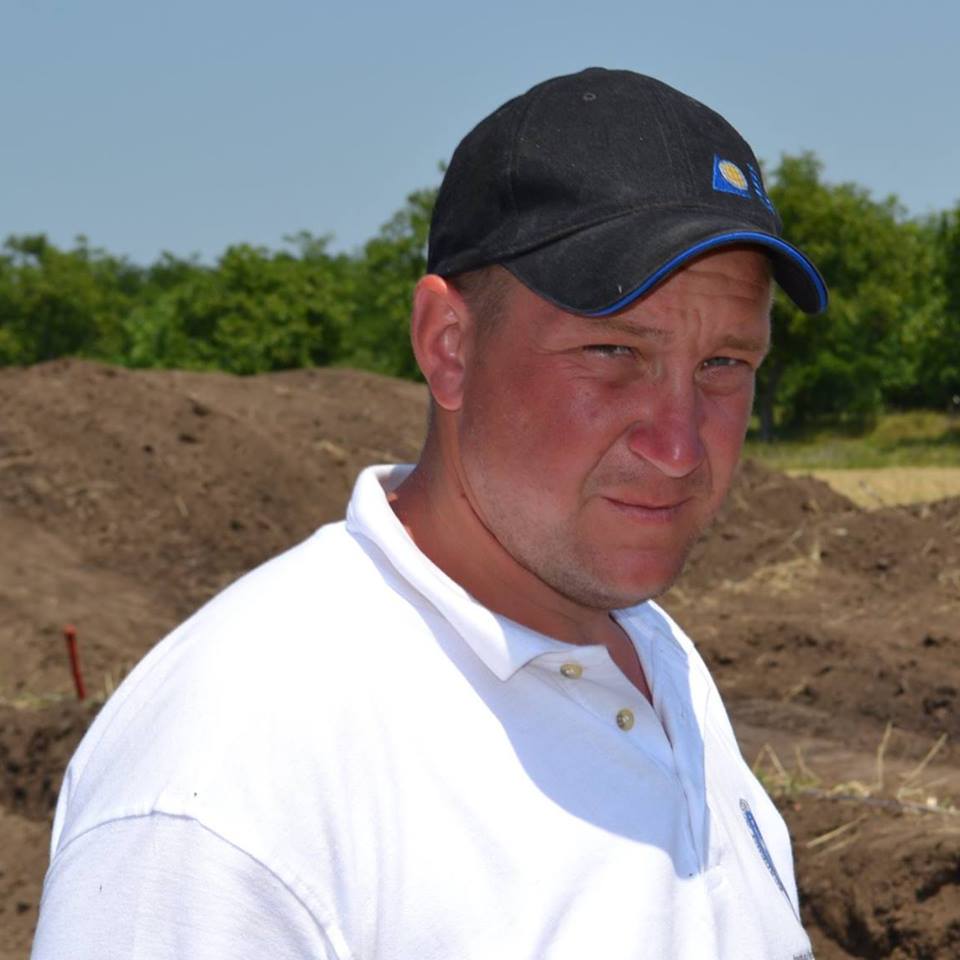
Ion CIOBANU, Archaeology, Republic of Moldova archaeologymoldova@gmail.com
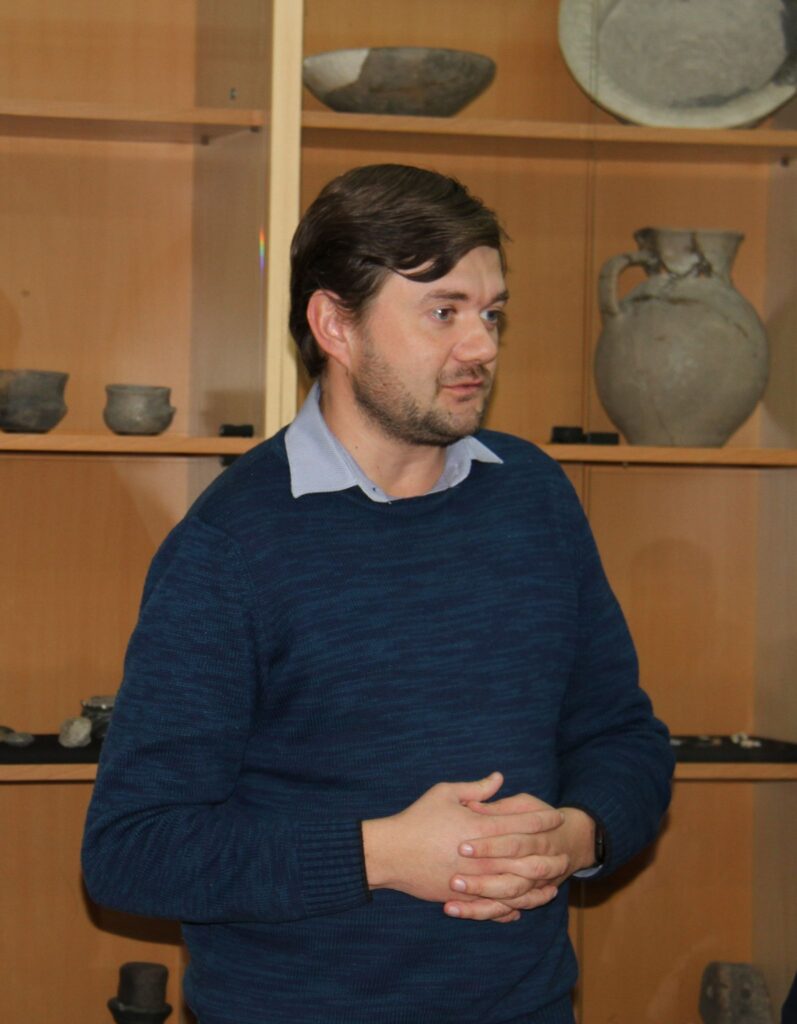
Dr. Andrei COROBCEAN, Archaeology, Republic of Moldova andrei.corobcean@gmail.com

Dr. Natalia GRĂDINARU, Ethnology, Republic of Moldova gradinarunatalia23@gmail.com
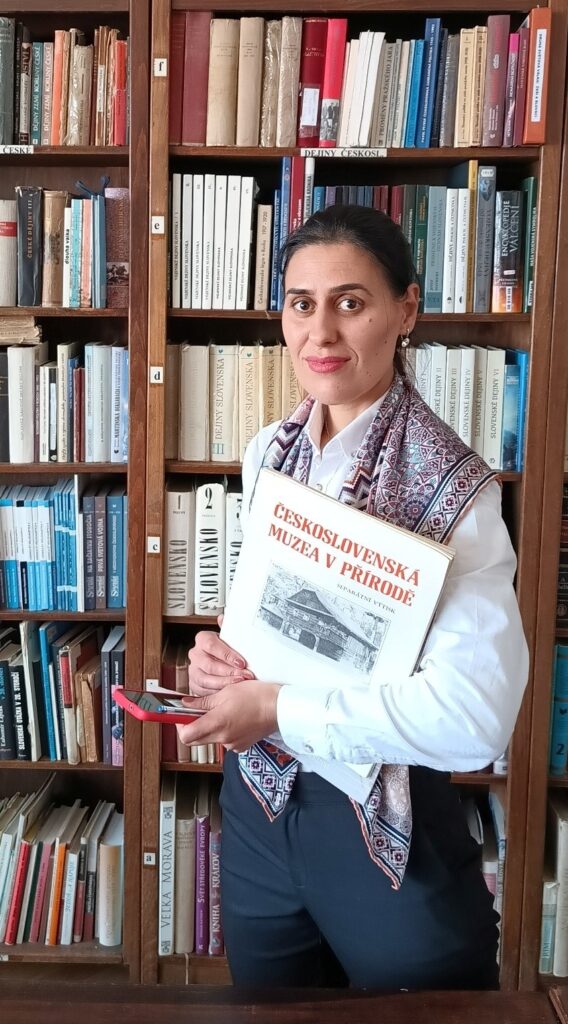
Dr. Dorina ONICĂ, Ethnology, Republic of Moldova, Romania dorinaonica@yahoo.com
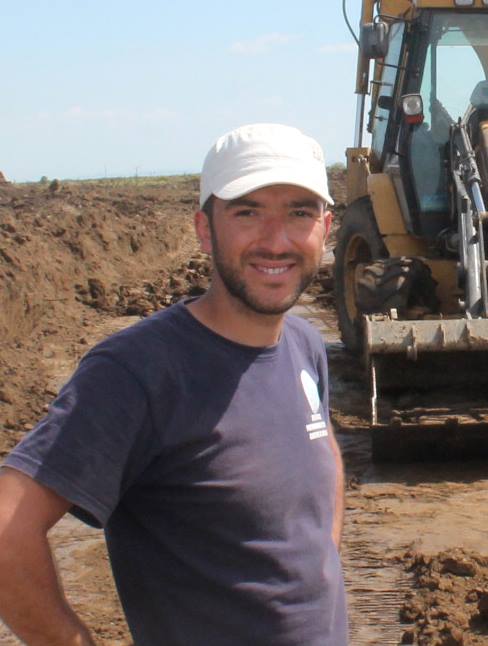
Dr. Sergiu POPOVICI, Archaeology, Republic of Moldova sergiupopovici1986@gmail.com
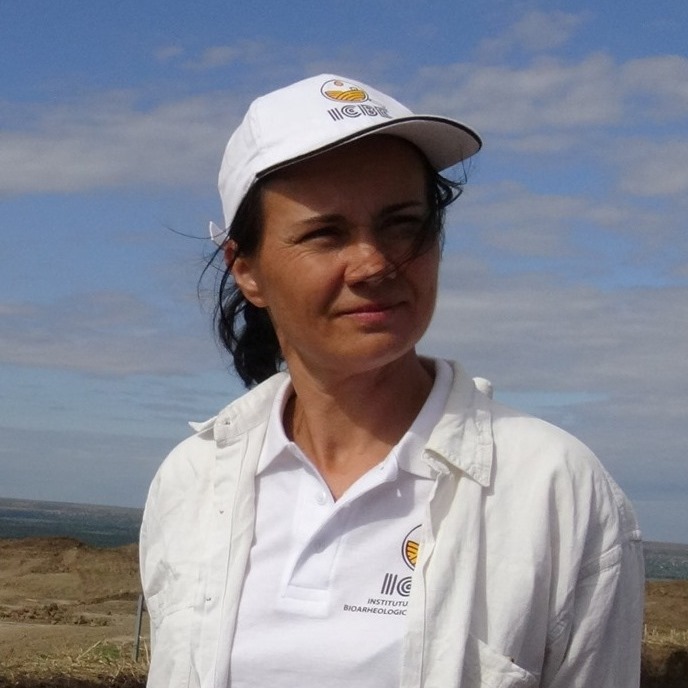
Dr. Angela SIMALCSIK, Anthropology, Republic of Moldova, Romania angellisimal@gmail.com
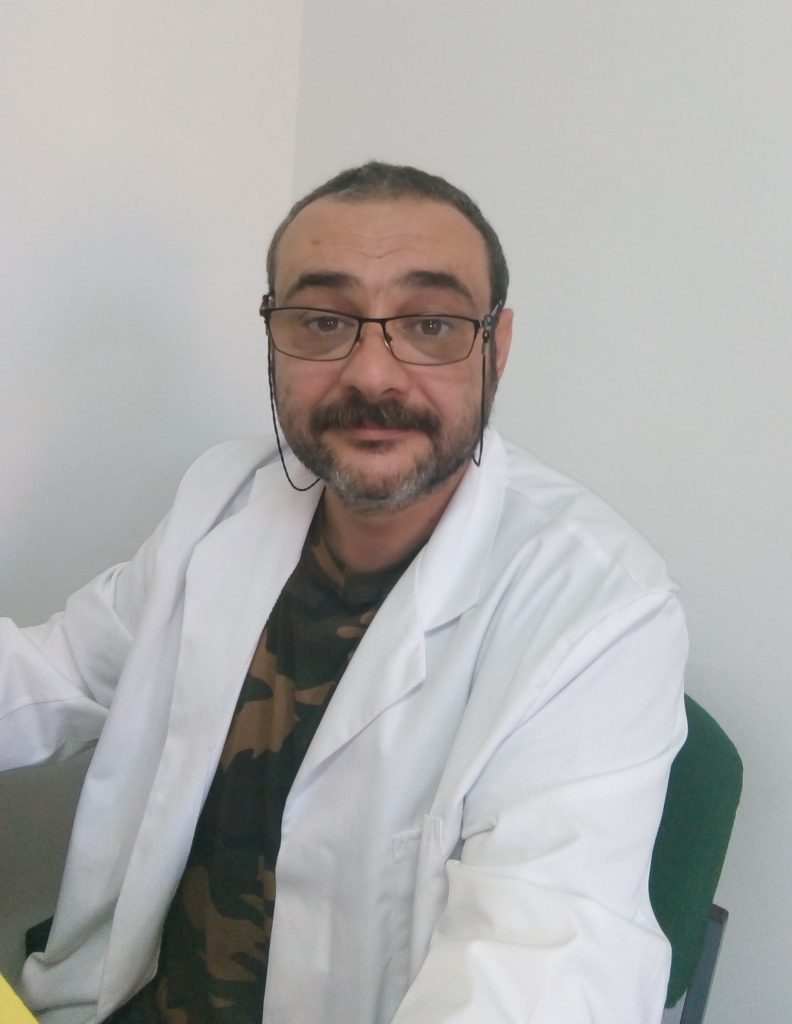
Dr. Robert Daniel SIMALCSIK, Anthropology, Romania robyboy2@yahoo.com
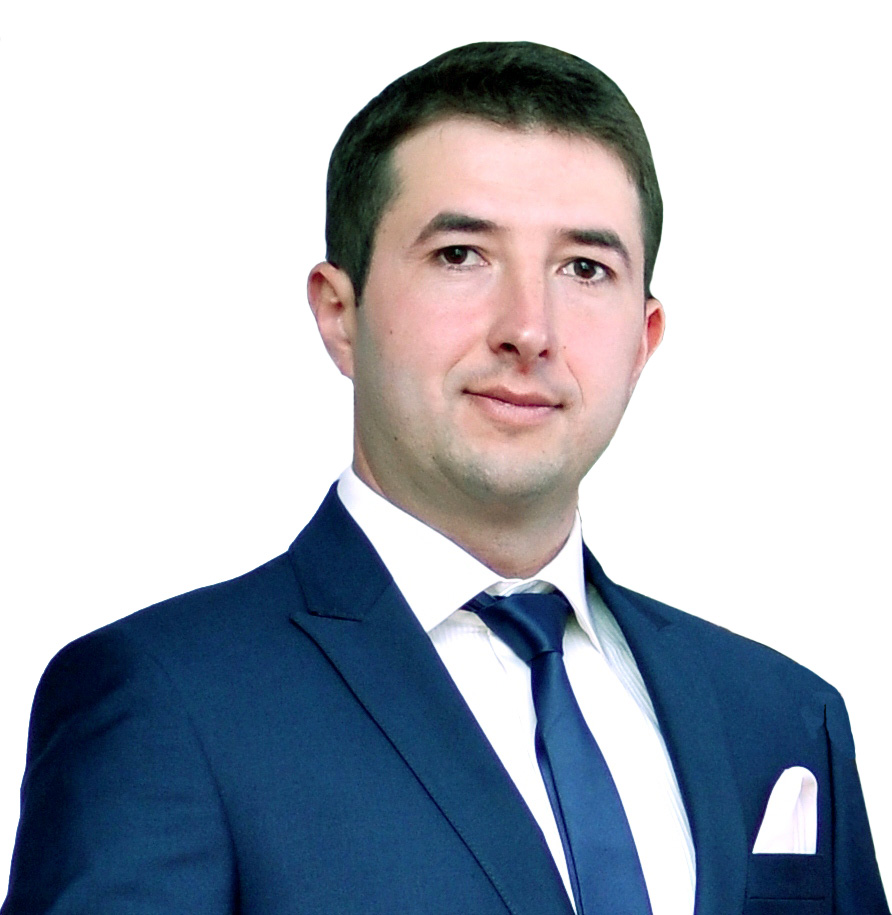
Dr. Ion URSU, Archaeology, Republic of Moldova ion_ursu11@yahoo.com
Members of ICBE as of the year 2025:
- Agulnicov Serghei, Archaeology (Republic of Moldova)
- Dr. Bodi George, Archaeology (Romania)
- Briceag Irina, Archaeology (Republic of Moldova)
- Dr. Brumă Ioan Sebastian, Agronomy (Romania)
- Chelban Ștefan, Archaeology (Republic of Moldova)
- Dr. Cocieru Mariana, Ethnology (Republic of Moldova)
- Dr. Diaconu Vasile, Archaeology (Romania)
- Dr. Dumitru-Kogălniceanu Raluca, Archaeology (Romania)
- Dr. Fedor Cătălin-George, Sociology (Romania)
- Dr. Haiduc Bogdan, Geology (Romania)
- Dr. doc. Hrytsiuta Oksana, Traseology (Ukraine)
- Dr. Loghin Sergiu, Geology (Romania)
- Nicolaescu Alexandru, Archaeology (Republic of Moldova)
- Obadă Teodor, Paleontology (Republic of Moldova)
- Păun Elena, Geology (Romania)
- Dr. Popa Pavel, Choreography (Republic of Moldova)
- Dr. Rățoi Bogdan Gabriel, Geology (Romania)
- Solomon Doina, Cultural marketing and logistics (Republic of Moldova)
- Dr. Ștefan Cristian Eduard, Archaeology (Romania)
- Dr. Tanasă Lucian, Agronomy (Romania)
- Dr. Torcărescu Bogdan-Alexandru, Geology (Romania)
- Dr. Vasile Gabriel, Anthropology (Romania)
- Dr. Vasile Ștefan, Palaeonthology (Romania)
- Dr. Vornic Vladimir, Archaeology (Republic of Moldova)
The Institute of Bioarchaeological and Ethnocultural Research has developed an Action Plan regarding the promotion and assurance of gender equality. The plan contributes to creating an environment where all employees, regardless of gender, feel respected and valued, which can boost morale and productivity. In many countries and international organisations, there are legal requirements to promote equal opportunities and combat gender discrimination. An action plan helps the institution comply with these regulations. Through concrete strategies and measures, the plan aims to reduce prejudices and stereotypes related to gender roles, promoting diversity and inclusion. Diversity within the team can lead to more varied ideas and innovative solutions, improving the institution’s scientific outcomes. Institutions that promote gender equality are perceived as responsible and progressive, which can enhance their reputation and attractiveness for collaborators and funders. The plan ensures the setting of clear objectives, performance indicators, and concrete measures to monitor progress over time and adjust policies if necessary. Thus, the gender equality action plan of ICBE is vital for ensuring an equitable, innovative research environment aligned with modern values of diversity and inclusion, contributing simultaneously to the institution’s success and responsibility.